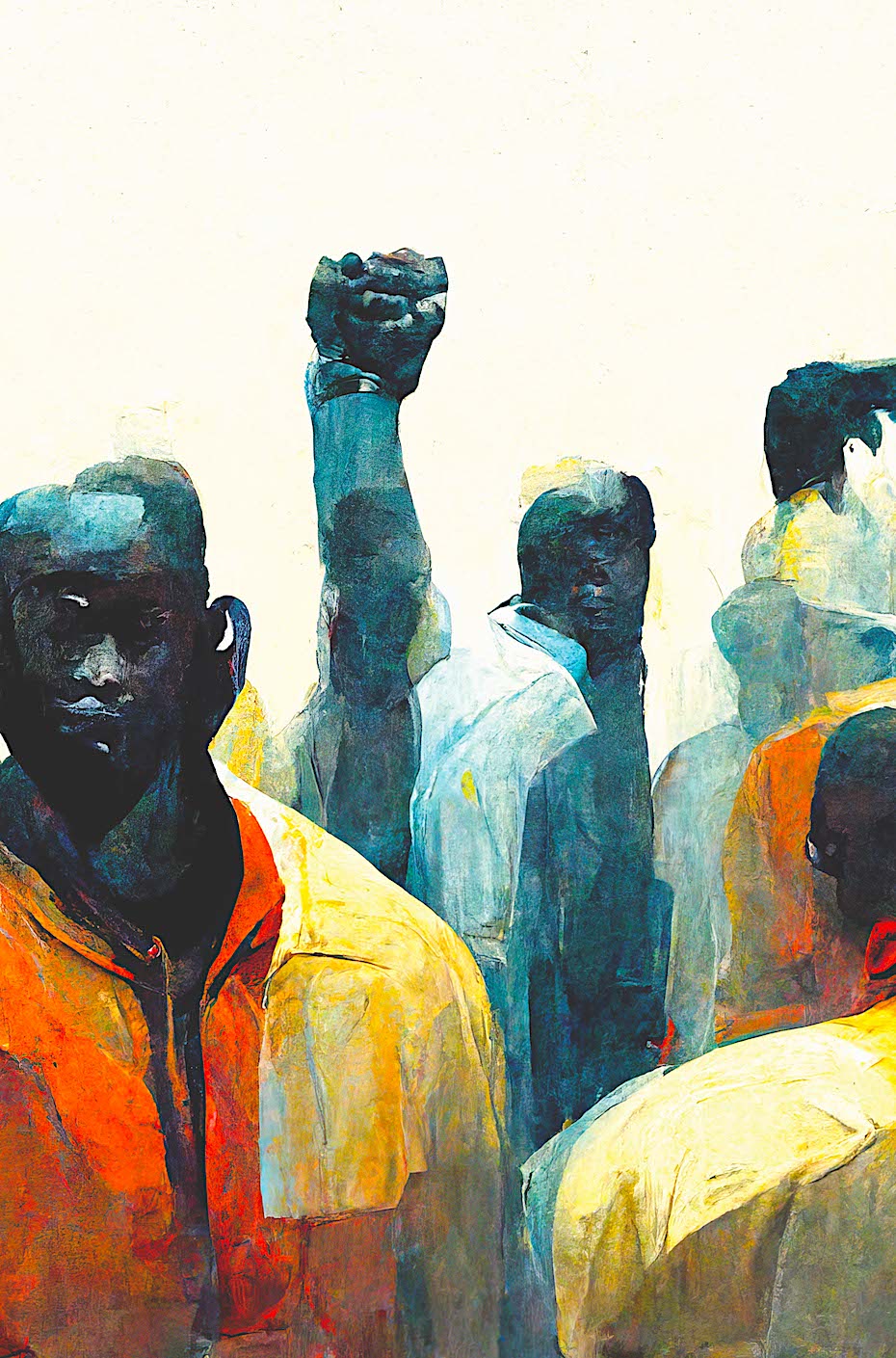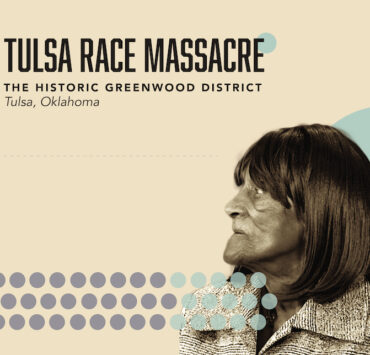
That public view of McCurtain emerged following an expose, widely published in Oklahoma and national media outlets in late April, in which McCurtain officials were caught in a recording threatening to kill reporters and to lynch and beat Blacks. In an interview with the Oklahoma Eagle, Willingham acknowledged that high-profile racially charged events occurred in the County in years past. But “things have changed,” he said.
“I know there is still racism and racism in institutions,” Willingham told the Eagle. “But we are not like that down here. We are a good Christian community.” Willingham is originally from North Carolina. He moved to Oklahoma in the late 1970s and has been publisher of the Gazette News since 1988.
Craig Young, who is African American and mayor of Idabel, the McCurtain County Seat, called for the immediate resignation of the officials who made the racist comments. Many other public officials in Oklahoma, including Governor Kevin Stitt, have joined Young in demanding that the officials step down. Locals continue to hold public rallies and protests in Idabel. Willingham stressed that the protests are peaceful and respectful. Since the incident, locals are holding more open, honest discussions about race, Willingham said.
But the officials who made the remarks, including McCurtain County Sheriff Kevin Clardy, County Commissioner Mark Jennings, and Alicia Manning, a county sheriff employee, have refused to step down. Only Mark Jennings, who had served on the McCurtain County Board of Commissioners since January 2021, has resigned in the uproar over the incident.
McCurtain County is located in Southeastern Oklahoma. The three-hour audio recording was made public by the McCurtain Gazette-News, revealing the conversation discussed slaying reporters and lynching Blacks. Bruce Willingham left the recording device on though officials told him the public meeting was over. He said he suspected the group would continue conducting public business violating the Oklahoma Open Meeting Act. The Gazette released the recording on April 20th, following their reporting on the conversation. Calls for the officials’ resignations and further investigations immediately followed.
The recorded conversation followed a March 6th McCurtain County Commission open meeting. The Gazette identified the parties who participated in the conversation as County Commissioner Mark Jennings, County Sheriff Kevin, and two sheriff’s employees. The laughter-filled, boisterous conversation was apparently sparked by a series of critical articles written by the Gazette about the actions of the sheriff’s office and other McCurtain County officials. It also follows a civil lawsuit filed by the Gazette against the County for retaliation and other activities against the newspaper and its reporters. Bruce Willingham told the Eagle, “These people must be called out.” Willingham has reported that he has received death threats since the publication of the article. The family has taken steps to enhance their security, he told members of the Oklahoma Media Center in a group interview.

Conversation excerpts
A few excerpts of the recording provided by the Gazette follow. The Gazette has identified speakers. Following what was supposed to be the end of the formal meeting, the group left behind turned their attention to Willingham and his son Chris, a reporter for the Gazette:
Commissioner: “I’ve known two or three hit men who are very quiet guys and would have no f…… mercy.” “I know where two deep holes are if you ever need them.”
Sherriff: “I’ve got an excavator.”
Commissioner: “Well, these are already pre-dug.”
The conversation shifts to Blacks
Commissioner: “I’m going to tell you something. If it was back in the day when [name redacted by the Eagle] would take a Black guy and whoop their ass and throw them in a cell, I’d run for f…… sheriff.”
Sheriff: “Yeah, well, it’s not like that no more.”
Commissioner: “I know. Take them down to Mud Creek and hang them with a rope. But you can’t do that anymore. They’ve got more rights than we got.”
Little Dixie
The officials were meeting in the courthouse in Idabel. According to census information, the county’s Black population is eight percent. McCurtain County and a small cluster of other counties in this southeastern part of Oklahoma have long been dubbed “Little Dixie.” This is because of “its close social, cultural, and above all, political connections to the American South,” according to the Oklahoma Historical Society’s Encyclopedia.
In 1980, a series of racial incidents occurred that came to be called the Idabel Riot. Henry Lee Jackson, a Black man, was found shot dead in January of that year in the parking lot of a whites-only bar. Just days following, the Washington Post reported “150 hastily assigned officers patrolled the streets,” and there were “subsequent clashes between police and nearly 200″ Black people.” Several businesses were burned down, and two people were left dead. No one was ever convicted of Mr. Jackson’s murder. He was fifteen years old.
Still, Bruce Willingham insists that these incidents do not represent the racial atmosphere in the county.
Lend us a hand in 2023
I hope you appreciated this article. Before you move on, I was hoping you would consider taking the step of supporting The Oklahoma Eagle’s journalism.
From the various media outlets in our market, to a small number of billionaire owners and private equity firms have a powerful hold on so much of the information that reaches the public about what’s happening in the world. The Eagle stives to be different. We have no billionaire owner or shareholders to consider. Our journalism is produced to serve the public interest – not profit motives.
And we avoid the trap that befalls much U.S. media – the tendency, born of a desire to please all sides, to engage in false equivalence in the name of neutrality. While fairness guides everything we do, we know there is a right and a wrong position in the fight against racism and injustices. When we report on issues like the mental health crisis in the Black community, the ongoing issues with public education and the political discord and troubling legislation being enacted at the Oklahoma statehouse, we’re not afraid either to name or hold those individuals responsible for problems that work against improving the lives of Black people.
Around this nation, our readers can access the Eagle’s paywall-free journalism. Our readers keep us independent, beholden to no outside influence and accessible to everyone – whether they can afford to pay for news, or not.
If you can, please consider supporting the Eagle today. Thank you.
James O. Goodwin, publisher







